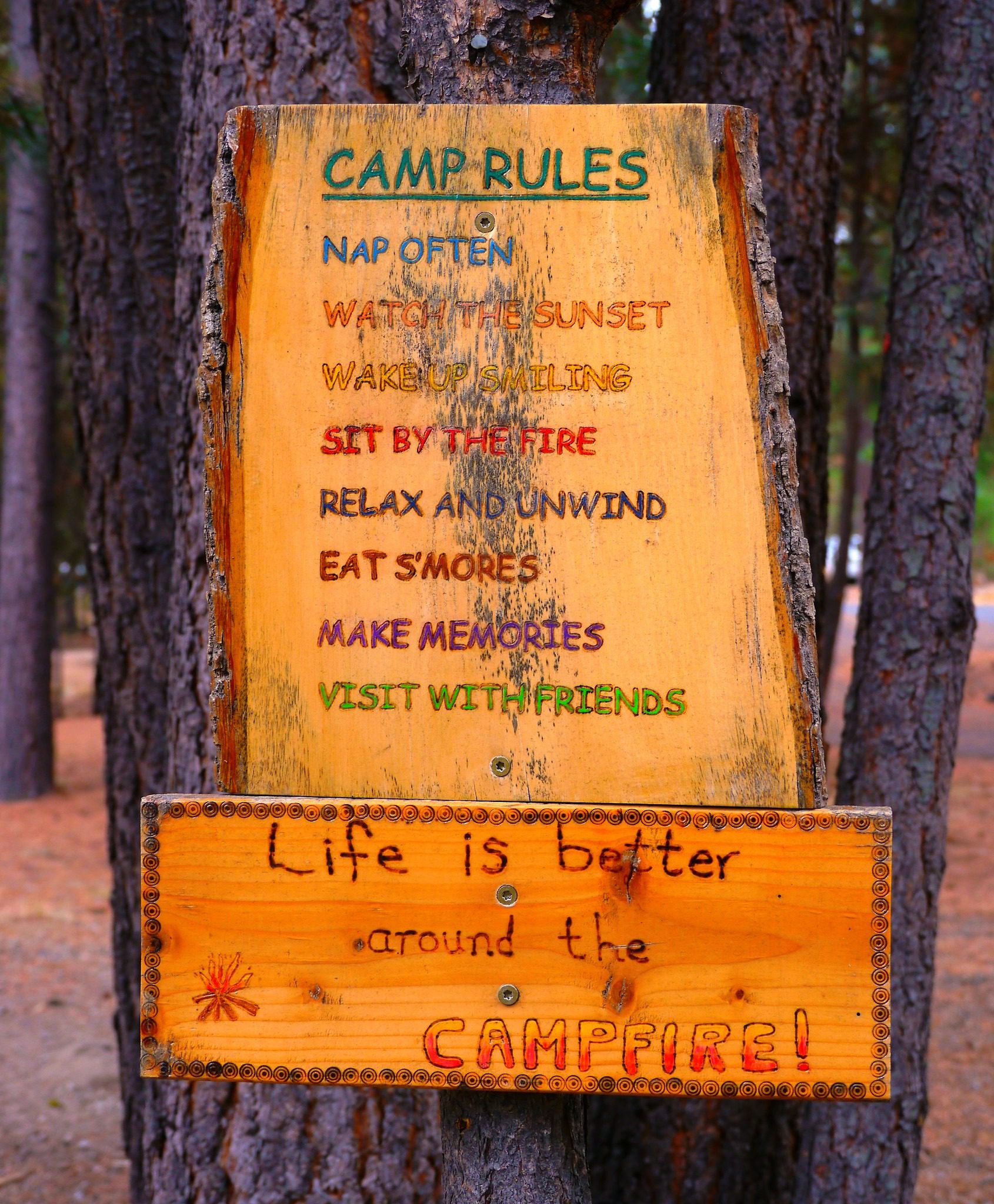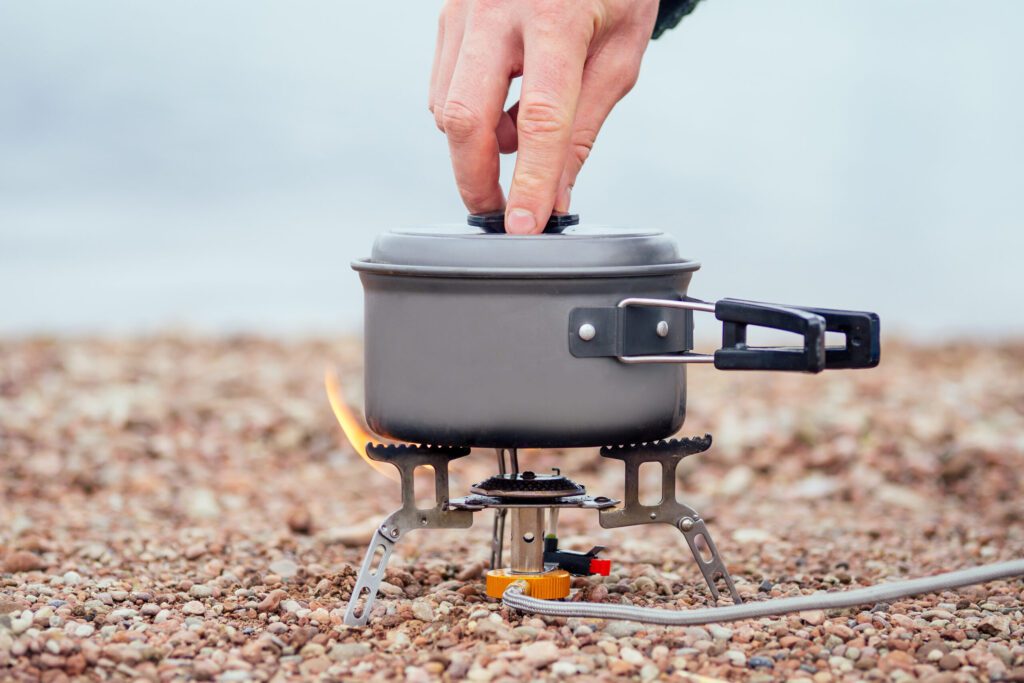Camping has been an important part of Scouting since Lord Robert Baden-Powell’s very first Scouting experiment in 1907. Camping continues to be an important part of a Scout’s journey to Eagle because it provides them with the opportunity to put into practice the skills they learn in our meetings and, more importantly, to build character by getting outside their comfort zone. Not every campout will be sunny and warm, but that’s OK because it gives your Scout the chance to overcome the challenges they will experience in camping and in life.
The adult leaders at a campout are there to keep your Scouts healthy and safe while ensuring we deliver the best program to all the Scouts in our Troop. We need the help our our Scouts and their parent/guardians to make sure our adult leaders are able to do this:
- Whenever possible, Scouts should attend the full campout (Friday through Sunday).
- Planned early departures (i.e., family commitments, sporting events, classes, work) are permitted. (We’d rather a Scout attend part of rather than none of a campout.). Make sure that these situations are communicated before departure so we can appropriately plan and make sure your Scout is ready to leave when you arrive.
- Scouts leaving early should find ways to leave the campsite better than they found it since they will not be able to help their fellow Scouts break camp on Sunday morning.
- Unplanned departures from a campout can have significant, unintended impacts on a campout and should only happen in rare cases.
- To prevent the spread of illness, Scouts leaving a campout because they are sick are not permitted to return to the event.
- Encourage your Scout to leave their cell phone at home. While banning cell phones is not realistic, there are very few reasons for your Scouts to have a phone on a campout as they can be a distraction from organized activities.
- Adult leaders, not your Scout, are responsible for contacting you about issues during a campout.
- Your Scout should not be reaching out to you directly if they are having an issue.
- Our leaders are trained in first aid, hazardous weather, and how to deal with situations that may occur on a campout.
- Scouts having issues (e.g., feeling sick, being cold/wet) need to talk to an onsite leader who can evaluate and troubleshoot the situation.
- Allowing your Scout to bypass our adult leaders undermines their authority and contradicts the aims and methods of the Scouting program.
- Unless explicitly authorized by the Scoutmaster, anyone leaving camp early (and not returning) is responsible for taking their gear with them. Personal gear (or gear borrowed from the Troop) is your Scout’s responsibility and they are responsible for setting up, tearing down and caring for this gear.
Thank you in advance for your cooperation and support. Please contact our Scoutmaster with any questions about these expectations.


